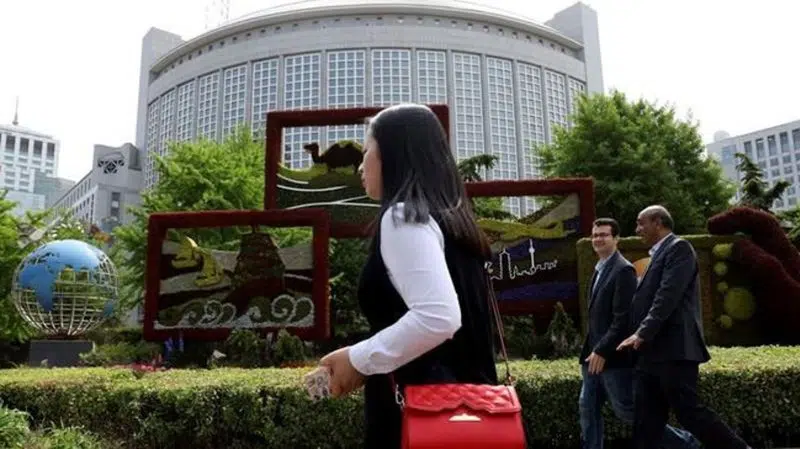
China revokes 3 Wall Street Journal reporters’ credentials
BEIJING — China revoked the press credentials of three reporters for The Wall Street Journal over a headline for an opinion column the government said Wednesday was racist.
The expulsions come after the Trump administration on Tuesday designated five state-run Chinese news outlets that operate in the United States as “foreign missions,” requiring them to register their properties and employees in the U.S. China said it reserves the right to respond to what it called a mistaken policy.
The headline on the Journal’s opinion column referred to the current virus outbreak in China and called the country the “Real Sick Man of Asia.”
Chinese foreign ministry spokesman Geng Shuang said the Feb. 3 op-ed by Bard College Professor Walter Russel Mead “smears the efforts of the Chinese government and people on fighting (the virus) epidemic.”
